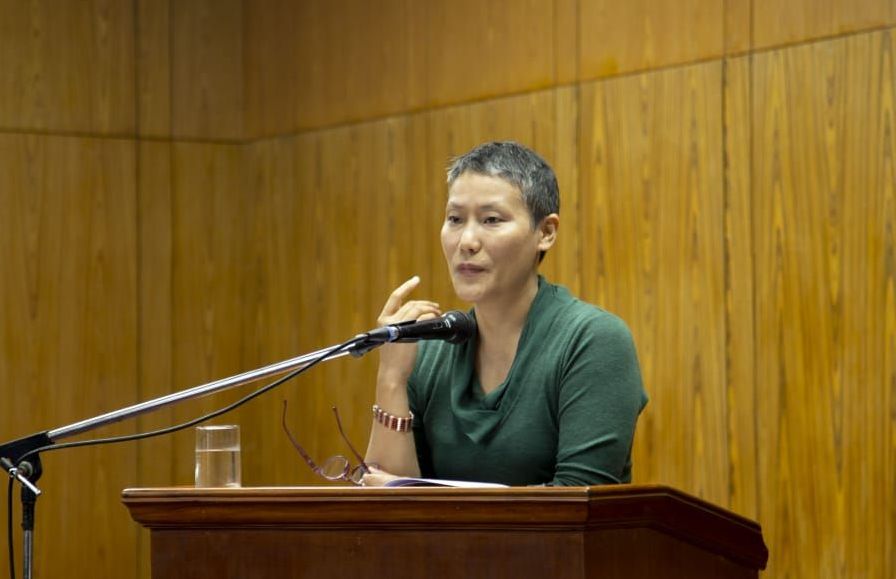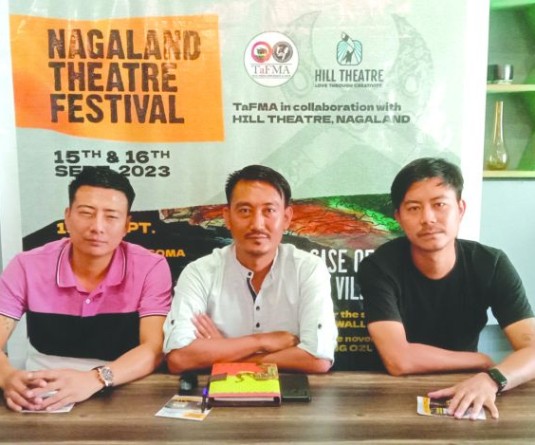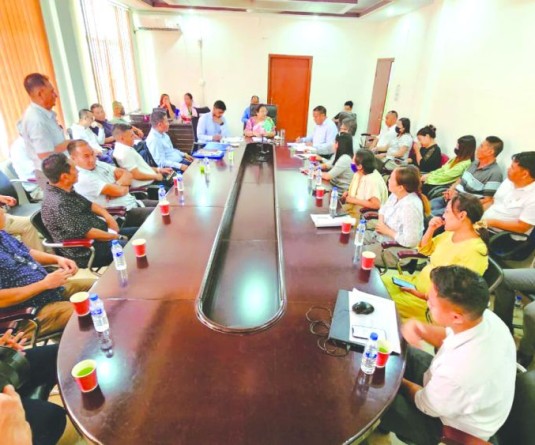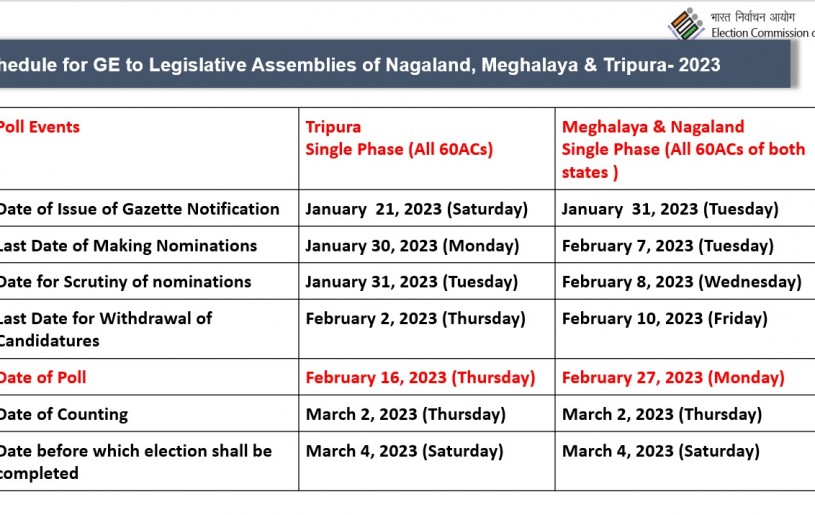Social relations are based on respect, equality and partnerships: Dolly Kikon

Academic and author Dolly Kikon. (Morung File Photo)
Vishü Rita Krocha
Kohima | January 9
Coming from a deeply militarized society and also observing the level of violence, physical and structural, in militarized societies across the world, Dolly Kikon has a special place for human rights and gender justice.
Ahead of a discussion on her new book titled ‘Leaving the Land: Indigenous Migration and Affective Labour in India,’ which she co-authored with Bengt G Karisson, the noted academic and author dwelt on the status of women in Nagaland in an exclusive interview with The Morung Express.
The discussion is scheduled to be held on January 11 at the Don Bosco Institute for Development & Leadership, River Belt Colony, Dimapur from 2:00pm to 4:00pm.
Kikon put across that Naga women cannot be seen in isolation outside the ambit of the status of Naga men. According to her, Naga women are one of the most hardworking human beings while Naga men are extremely generous and kind, always willing to help.
However, on the status of women in Nagaland, she states that “we already have a sense of the reality – particularly their participation in the political and cultural sphere – in relation to Naga men of course.”
In this context, she feels that “we need to introspect how and why is it that generation after generation of Naga women/ men feel they need to be the custodians of patriarchal Naga cultural/traditions whereby they teach their sons/daughters that the status of women is always below men. Or do we have thinking Naga women/men who teach their families – sons/daughters/brothers/sisters – that social relationships are based on respect, equality, and working together as partners.”
Substantiating to this, she asserts, “I do not believe that any society that continues to believe that women are below men or that men are above women can go ahead towards a just future.”
Pointing out that the reality in Nagaland is that women look after their families while men are also trying their best to make ends meet for their families, she however emphasizes that “when it comes to matters of property and finances, men seem to use the crutches of Naga culture and tradition to assert their claims and rights.”
“The basis of claims to one’s rights and custodianship on the basis of gender should be based on taking care and being responsible to the community, the environment, and also to God”, she affirms.
To this, she adds, “because we have Naga men as the custodians of land and property, are we doing any better? Is our rivers and roads, our forests and fields more special and outstanding?” Stating that it is all about power, authority, and might, she underlines that the issue of status of women in Nagaland includes the role of men and being equal partners.
Dolly Kikon, who received her Ph.D from the Department of Anthropology at Stanford University, has worked with several organisations like Sisterhood Network, the Naga Peoples Movement for Human Rights and Prodigals Home apart from being associated with individuals working on issues of education, peace, and reconciliation.
“The committed people driving visions in these spaces are priceless”, she says about them.
“It has been rich and interesting and if there is something I have learnt from these encounters, it is to always be open to learn new things in life. Always be humble, generous, and kind. Always be joyful, and remember that all things are impermanent. The only thing that stays on are love, compassion, and your work that is done away from the limelight.”
She held her first research position at Stockholm University where she headed an interdisciplinary research project on India focusing around themes of migration, inequality, and development. In 2016, she joined the University of Melbourne in Australia and her work includes teaching, research, and working closely with the Faculty of Arts team working on higher education matters in India. She is also the Senior Research Advisor at the Australia India Institute (in Melbourne) and works closely with the director to strategize and envision research and policy initiatives between Australia and India.
Kikon is also the author of 'Life and Dignity: Testimonies of Sexual Violence in Dimapur (Nagaland) (2015).' She also just completed a documentary titled “Seasons of Life” that features food and fermentation. Kikon is currently working on her fourth book project on food politics and also developing a project of political ecology, a study on conservation in Assam.






